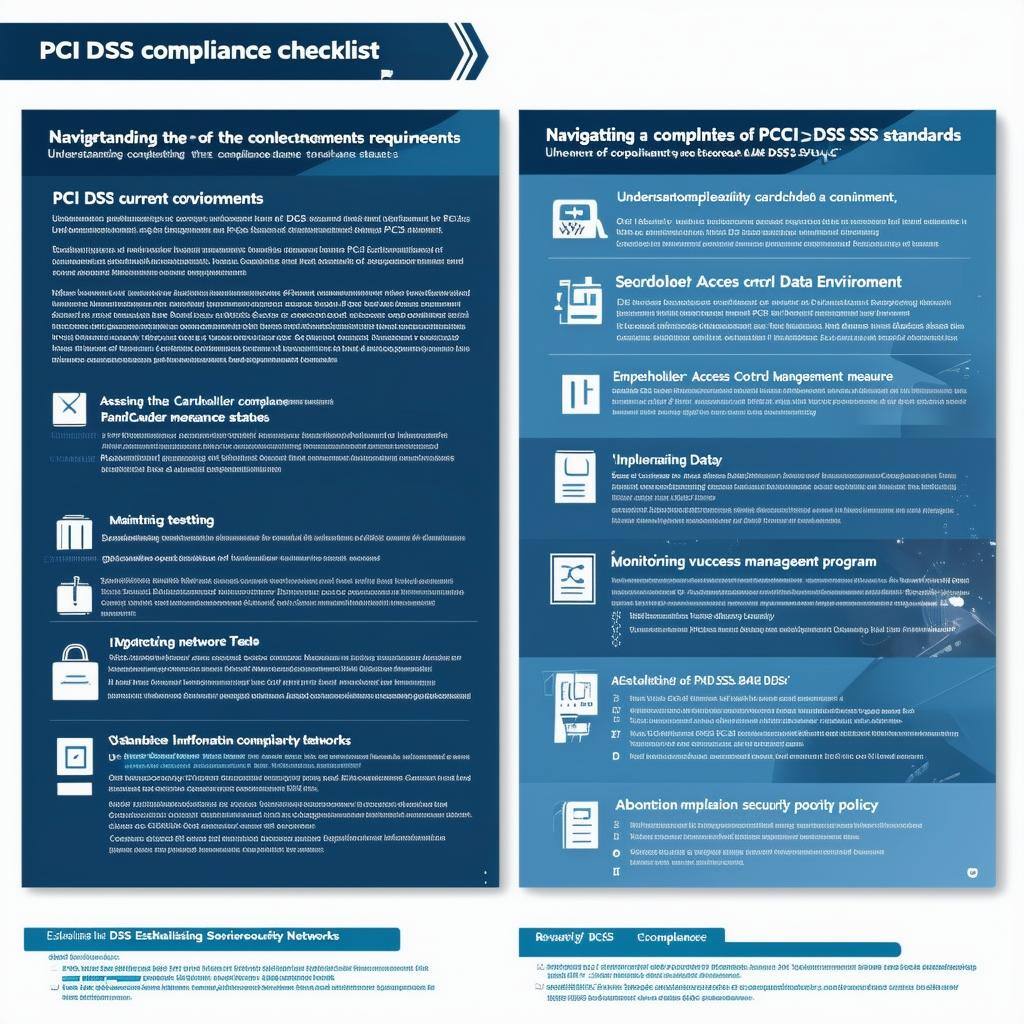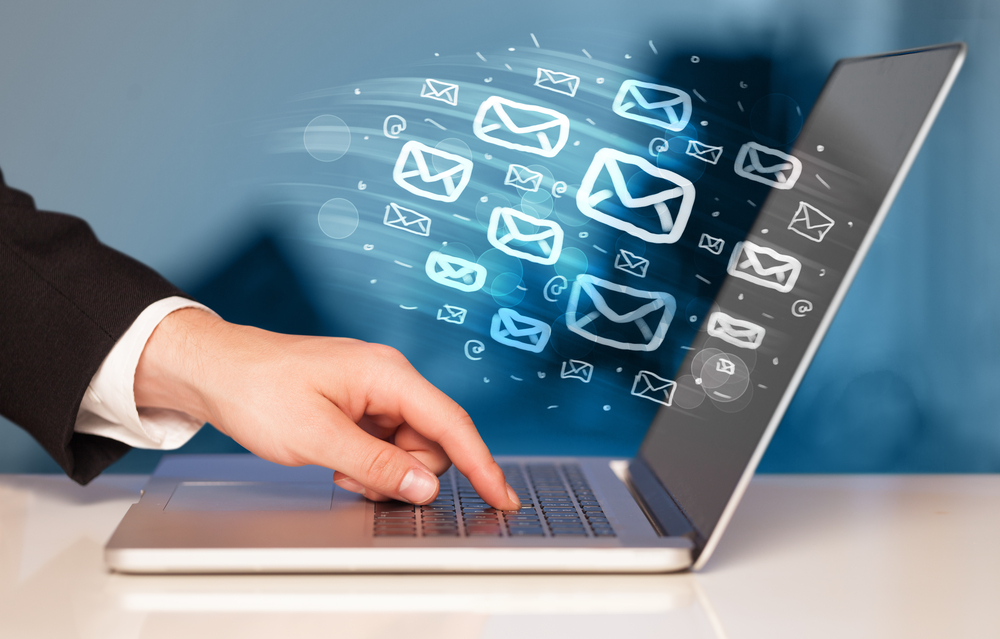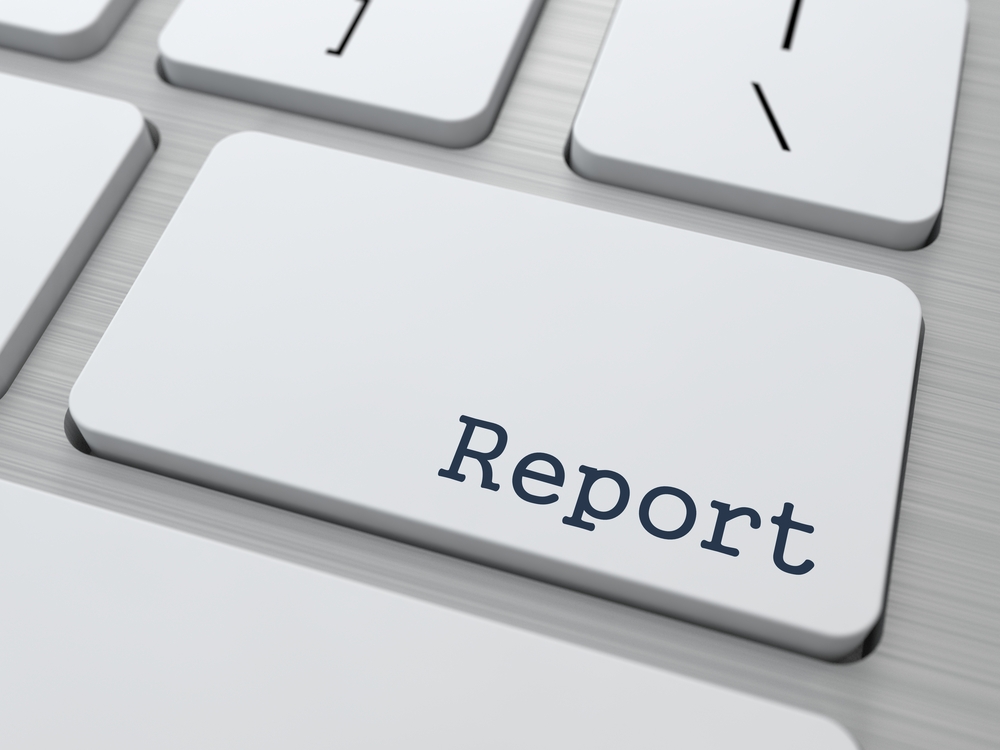Uncovering the Latest CUPS Vulnerability
Intro In the realm of IT and network management, vulnerabilities are a constant concern for professionals tasked with maintaining secure systems. One...

DMARC is a standard email authentication method. DMARC helps mail administrators prevent hackers and other attackers from spoofing their organization and domain. Spoofing is a type of attack in which the From address of an email message is forged. A spoofed message appears to be from the impersonated organization or domain.
DMARC also lets you request reports from email servers that get messages from your organization or domain. These reports have information to help you identify possible authentication issues and malicious activity for messages sent from your domain.
Spammers can spoof your domain or organization to send fake messages that impersonate your organization. DMARC tells receiving mail servers what to do when they get a message that appears to be from your organization, but doesn’t pass authentication checks, or doesn’t meet the authentication requirements in your DMARC policy record. Messages that aren’t authenticated might be impersonating your organization, or might be sent from unauthorized servers.
DMARC is always used with these two email authentication methods or checks:

Intro In the realm of IT and network management, vulnerabilities are a constant concern for professionals tasked with maintaining secure systems. One...

Intro Navigating the complexities of PCI DSS compliance can be daunting for businesses that handle cardholder data. This comprehensive PCI DSS...

Intro In today's digital age, the importance of cyber security cannot be overstated. With the increasing number of cyber threats and attacks,...

Increase email security by turning on MTA Strict Transport Security (MTA-STS) for your domain. MTA-STS improves email security by requiring...

Intro In the realm of IT and network management, vulnerabilities are a constant concern for professionals tasked with maintaining secure systems. One...

On March 9, the U.S. Securities and Exchange Commission (SEC) announced proposed amendments to its rules regarding cybersecurity disclosures to...